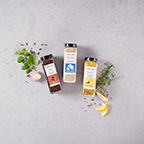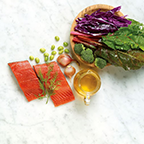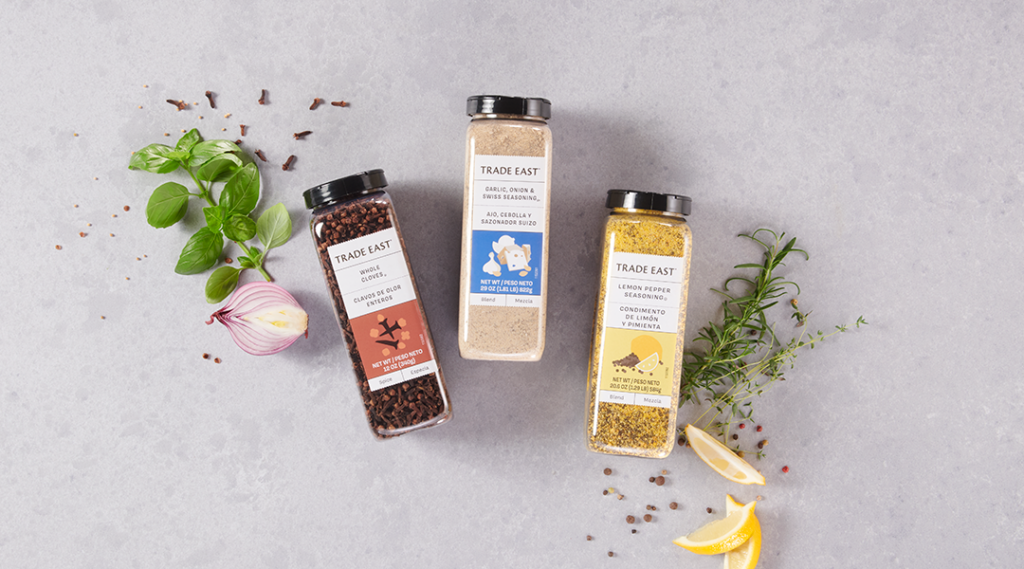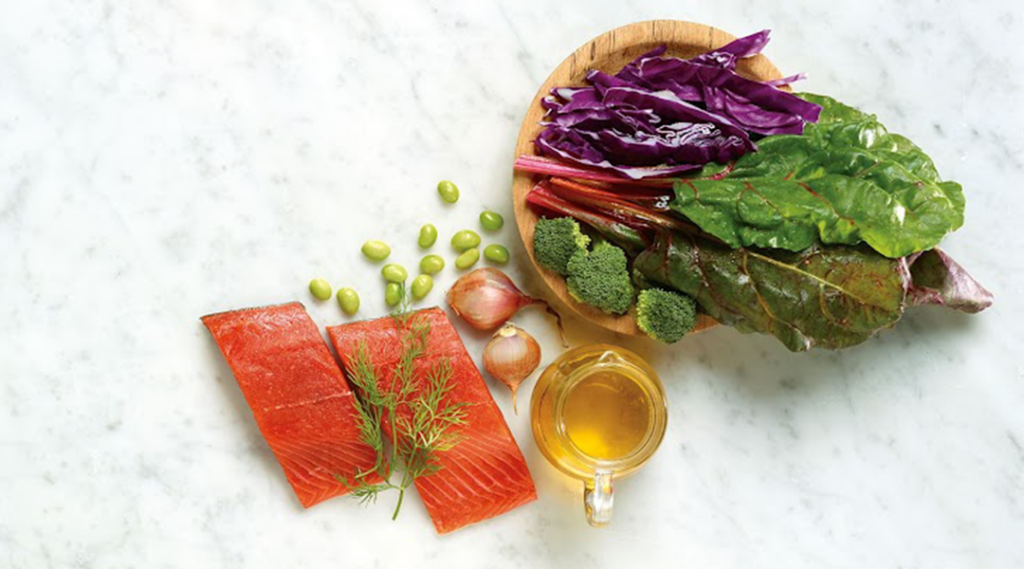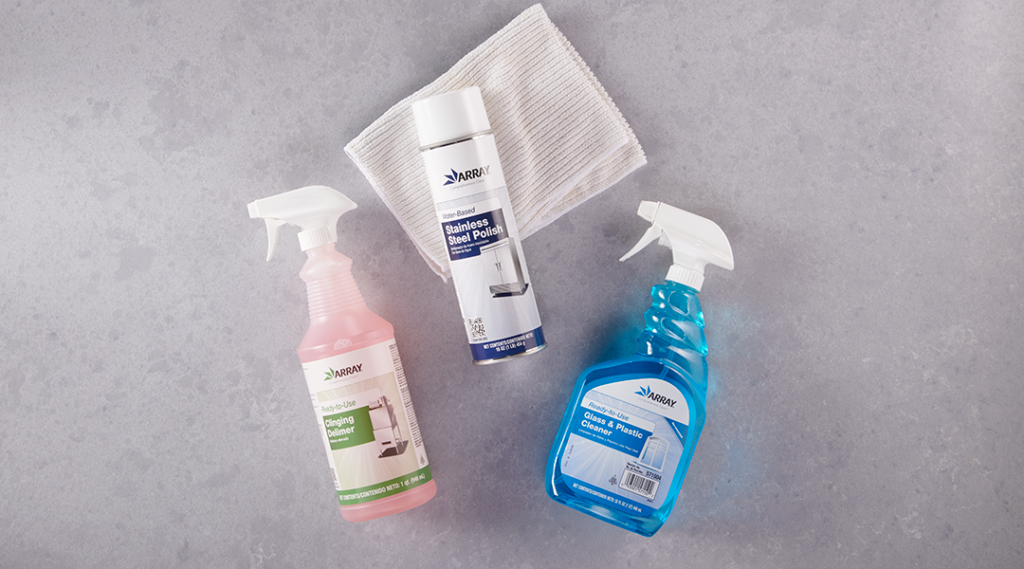Did you know that 35% of the world’s food production depends on pollination? Fruit, vegetable and other plant production is directly or indirectly dependant of pollinating bees. Indeed, bees are essential to plant reproduction since fertilization allows fruits to develop. Unfortunately, it seems that the decreasing bee population is a global phenomenon. In 2013 and 2014, Canadian beekeepers have lost between 15 to 29% of their bees. Ontario seems to be the most affected province with a 58% loss in 2014. Neonicotinoids, a class of insecticides used for corn and soya production. They are currently under review by Health Canada as being the main culprit for the decrease in bees.
Agriculture Effect
Neonicotinoids usage has been approved in Canada and elsewhere in the world for many years. The use of neonicotinoids has been more safe for human health than many other insecticides. Neonicotinoids work by attacking invertebrates’ nervous system. Between 2012-2014, there have been a number of bee deaths associated with corn and/or soy seedings in Ontario , Quebec and Manitoba. Detailed inspections by Health Canada concluded that this class of insecticide was found in the dust generated during corn and soya seeding, contributing to an increase in bee deaths seen in Canada.
Pollination Problem
The problem is that bees not only produce honey; they also play an important role in the pollination of many fruits, including cranberries, apples, blueberries, strawberries and raspberries. Without bees, apple and pumpkin production would drop by an estimated 90% and blueberry production by 80%. The production of honey has been greatly affected by the decline in the number of bees: we have seen a decrease of 30% over the previous decade. That is why this is an alarming situation for the farming industry!
Since 2014, Health Canada has issued new measures to reduce exposure to pollinators during corn and soya seeding in response to the widely publicized problem. Governement supervise Neonicotinoids usage, although without stopping it. At this moment, the value of Neonicotinoids is being reassessed in order to revalidate the possibility of negative effects on pollinators. This process could take several years despite the urgency felt by beekeepers. However, organic farming remains the safest avenue in terms of environmental protection, as it prevents synthetic pesticide usage and therefore contributes to preserving pollinating bees.





